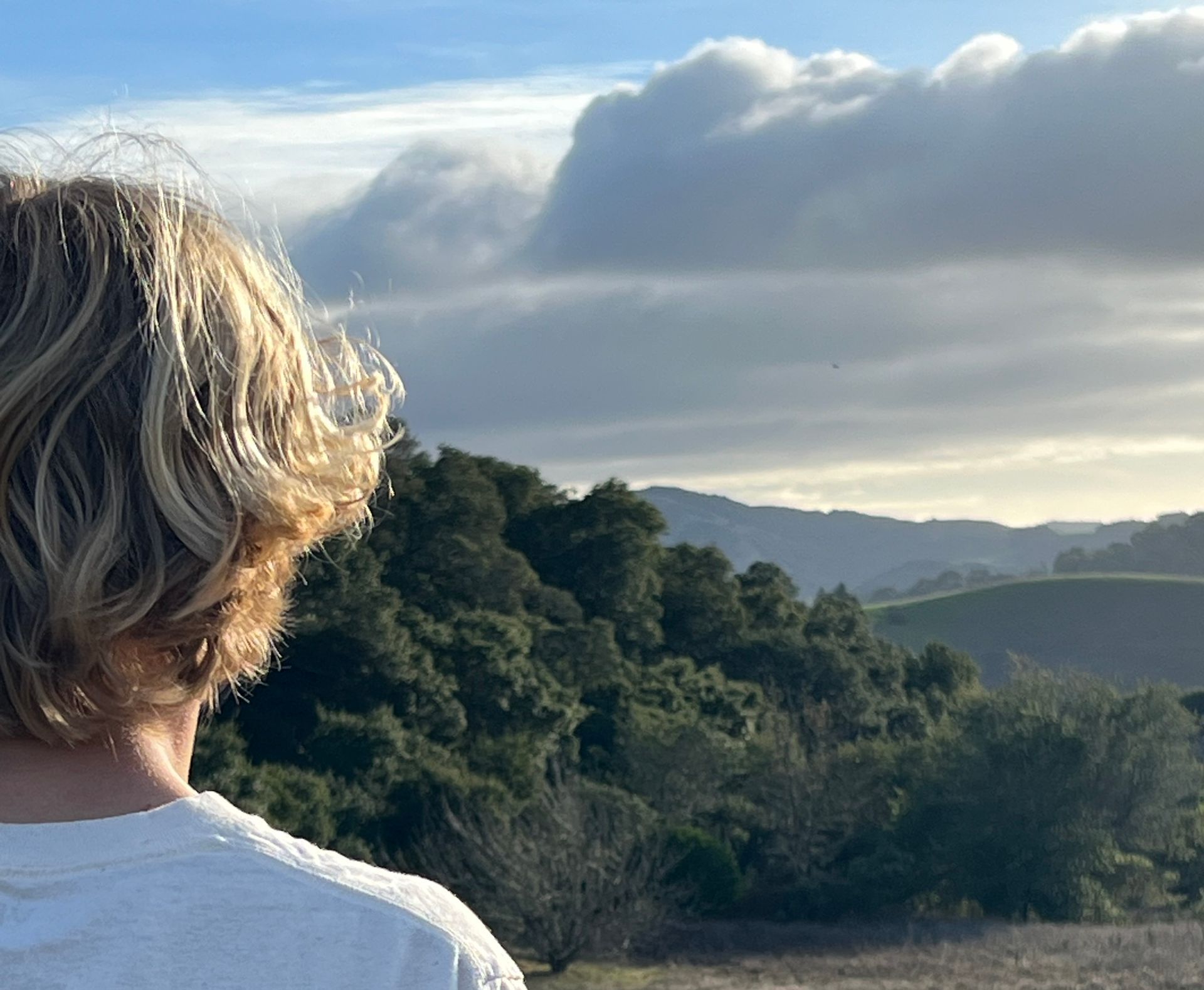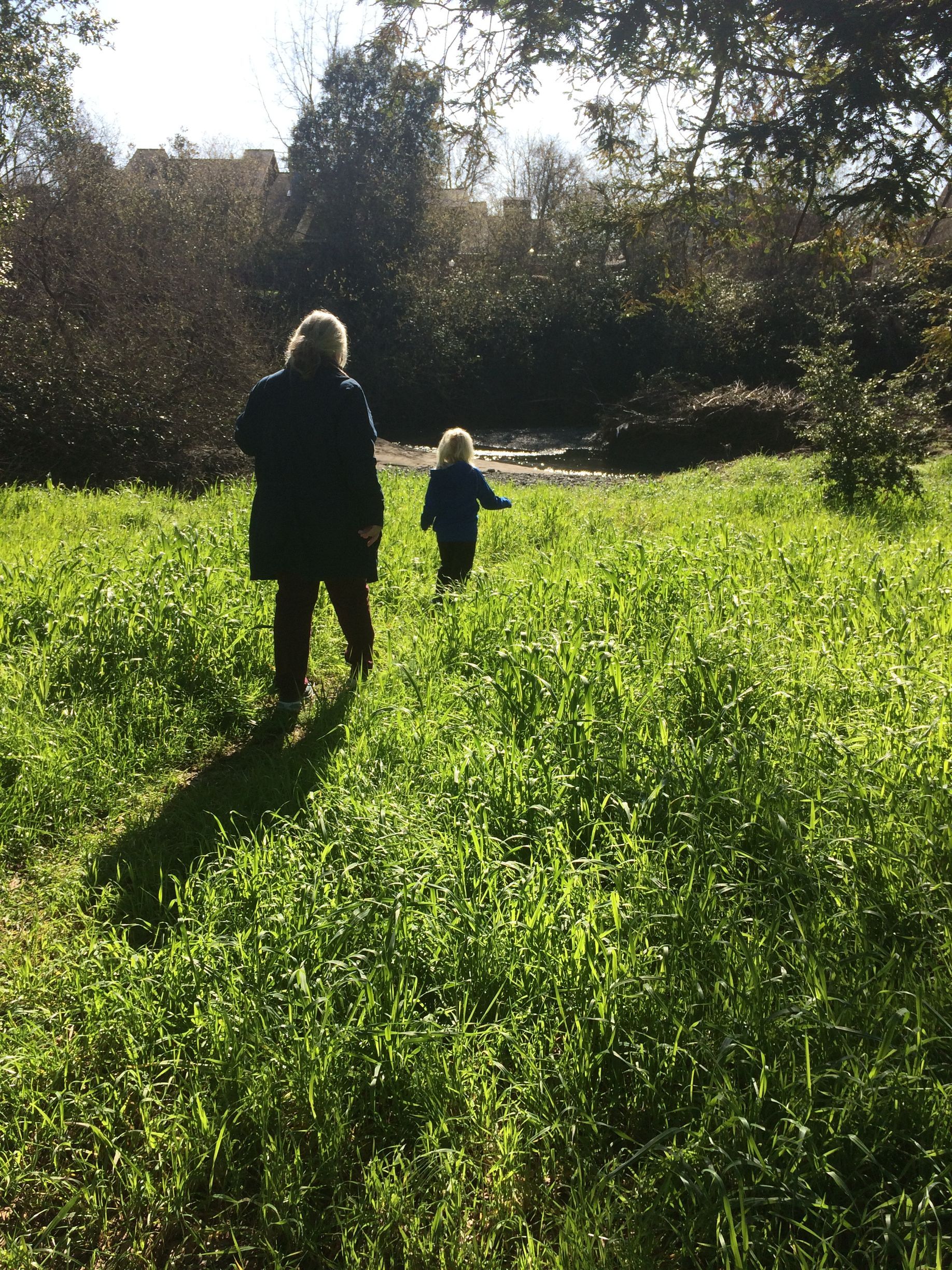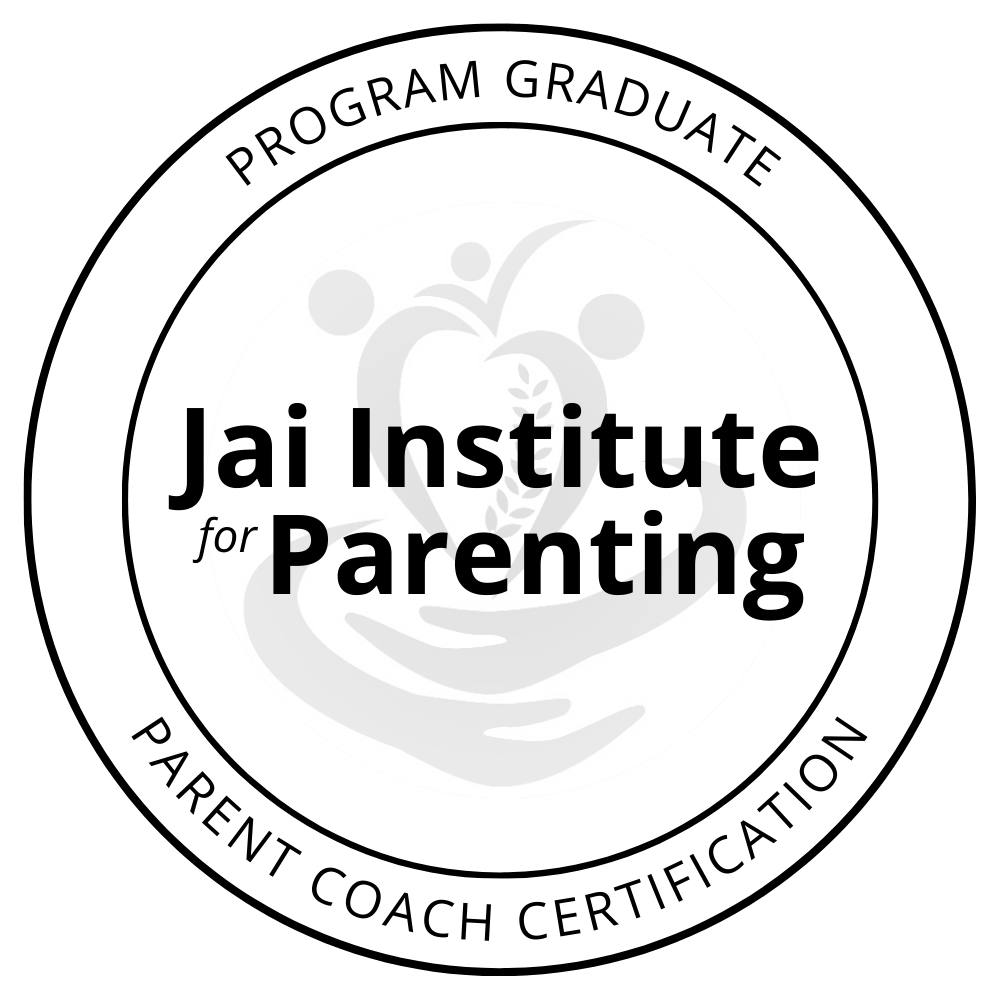“All My Friends Have One!”
Five Tips For Dealing With This Popular Argument
What parent hasn’t heard the argument “But all my friends have one!” Whether it's the latest video game, the use of social media, or getting a smartphone, this is a common strategy that kids use and parents struggle with. In the old days, parents might respond by saying, “Well, if all your friends wanted to jump off the Golden Gate Bridge, would you want to?” This response is the parent’s attempt to test the power of social influence. This answer might work for some children, but it might help to have some other tips in your back pocket. These tips help children think for themselves and feel seen, heard, and understood, strengthening the child-parent relationship.
Align Limits with Core Values:
- Clearly define your family's core values and use them to set limits. For instance, if health is a priority, explain how certain behaviors or possessions may conflict with that value. By anchoring decisions in shared values, you make it easier for your child to understand the reasoning behind your limits.
Practice Active Listening and Empathy:
- After stating the limit, actively listen to your child's perspective without immediately jumping to explanations. Reflect back on what you've heard to ensure understanding and empathize with their feelings. By acknowledging their viewpoint, you foster a sense of being heard and understood, even if the final decision doesn't align with their desires.
Accept and Validate Emotions:
- Recognize that emotions, whether positive or negative, are valid. Create a safe space for your child to express their feelings without judgment. Demonstrate emotional intelligence by helping them identify and understand their emotions. This approach builds trust and encourages open communication between you and your child.
Confidently Uphold Limits:
- Be prepared for resistance and pushback, especially as children navigate their independence. Hold firm to your limits confidently, emphasizing that your decisions are rooted in thoughtful consideration and aligned with your values. Consistency and confidence help children understand the reliability of the boundaries you've set.
Collaborate and Problem-Solve:
- Foster a collaborative approach by involving your child in decision-making processes. Work together to set goals and problem-solve challenges. This provides a sense of autonomy and helps them understand the reasons behind the limits. As your child matures, revisit limits and adjust them based on their evolving skills and responsibilities.
Effective communication, understanding, and collaboration are key components in navigating such situations. By approaching these discussions with empathy and focusing on shared values, you strengthen the parent-child relationship while instilling a sense of responsibility in your child.











